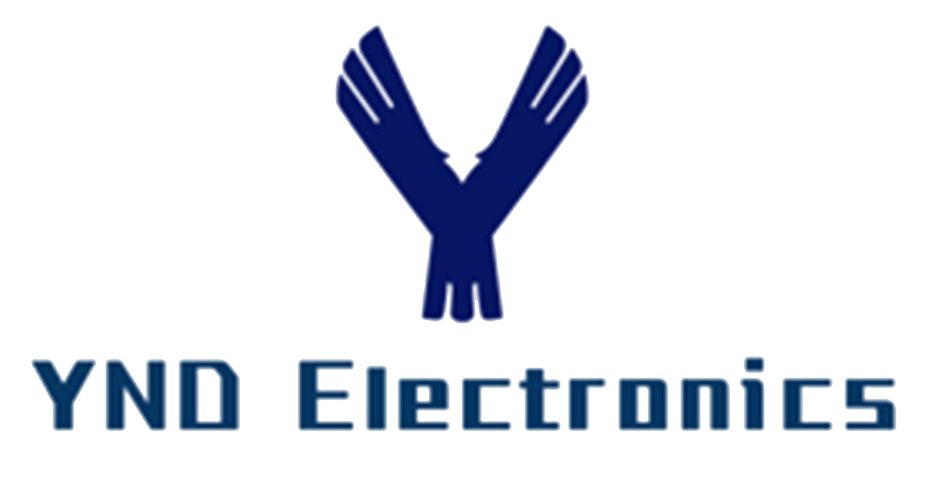The draft EU chip law passed! “Chip diplomacy” rarely includes Taiwan
Gathering micro-net news, comprehensive foreign media reports, the European Parliament’s Industry and Energy Committee (Industry and Energy Committee) voted overwhelmingly 67 votes in favor and 1 vote against on the 24th to pass the draft of the EU Chips Act (referred to as the EU Chips Act) and the amendments proposed by various parliamentary groups.
One of the specific goals of the bill is to increase Europe’s share of the global semiconductor market from less than 10% at present to 20%, and the bill includes an amendment requiring the EU to launch chip diplomacy and cooperate with strategic partners such as Taiwan, the United States, Japan and South Korea to ensure supply chain security.
China is considering restricting exports of solar chip technology
According to Bloomberg, the Ministry of Commerce and the Ministry of Science and Technology have publicly solicited opinions on the revision of the “China Catalogue of Prohibited and Restricted Export Technologies”, and some key production technologies for the production of advanced solar chips are included in the restricted export technology projects to maintain China’s dominant position in the field of solar energy manufacturing.
China accounts for up to 97% of global solar panel production, and as solar technology has become the world’s largest source of new energy, many countries, from the United States to India, are trying to develop domestic supply chains to weaken China’s advantage, which also highlights the importance of related technologies.
The UK will invest billions of pounds to support the development of semiconductor companies
IT House reported on January 27 that the British government plans to provide funds to British semiconductor companies to help them accelerate their development. A person familiar with the matter said the Treasury had not yet agreed on an overall figure, but it was expected to be in the billions of pounds. Bloomberg quoted officials familiar with the program as saying it would include seed funding for startups, help existing companies scale up, and new incentives for private venture capital. They added that ministers will set up a semiconductor working group to coordinate public and private support to increase the manufacture of compound semiconductors in the UK over the next three years.
Post time: Jan-29-2023





